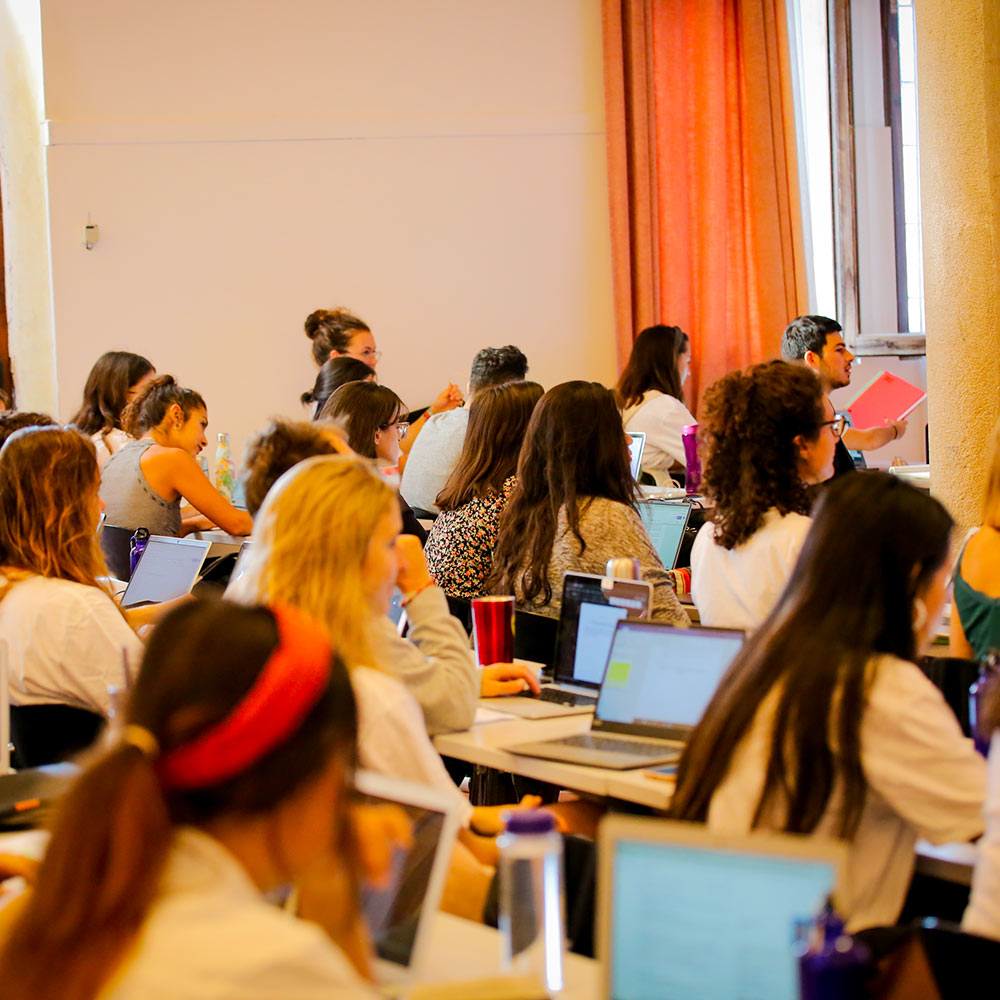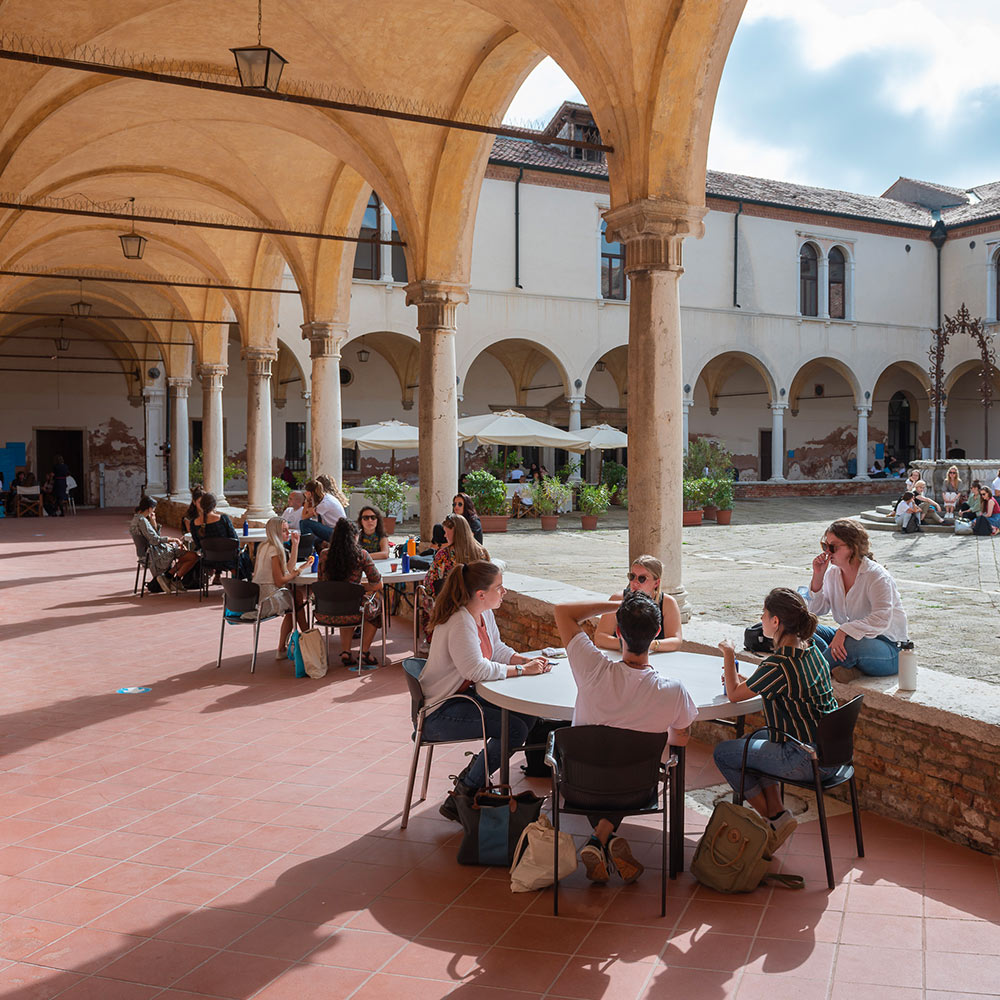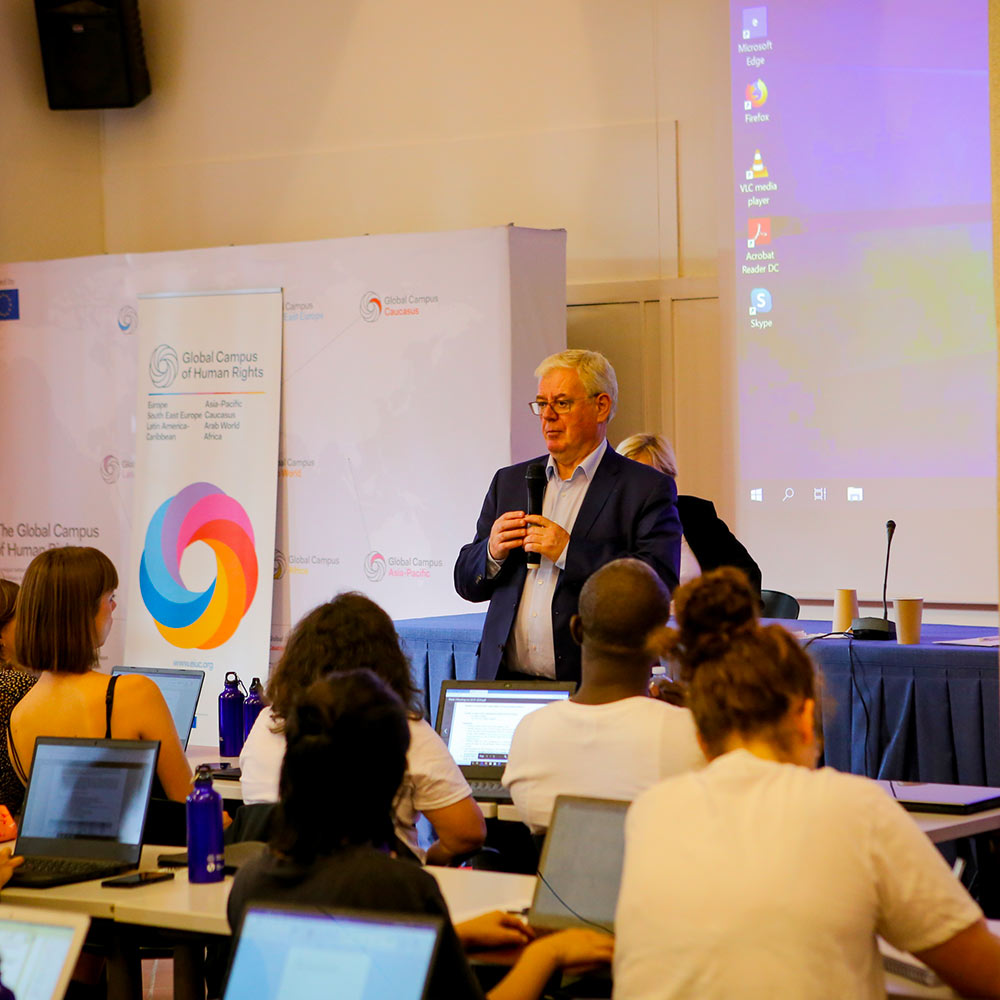About ema
The European Master’s Programme in Human Rights and Democratisation (EMA)
EMA is a one-year, full-time interdisciplinary programme that reflects the indivisible links between human rights, democracy, peace and development. The programme offers an action- and policy-oriented approach to studying human rights and democratisation as well as offering an interdisciplinary approach to the intellectual frameworks that underpin human rights and democratisation such as law, international relations, philosophy, history and anthropology.
While studying in a multicultural environment, students have the opportunity to be taught by leading academics representing the 43 EMA participating universities, representatives of international organisations (including the European Union, the United Nations and the Council of Europe), NGO experts and activists and human rights defenders.
EMA is both a residential and an exchange programme, structured in two semesters. Students spend their first semester (September to January) at the Global Campus of Human Rights headquarters in Venice. During the second semester they are hosted by one of the participating universities where they follow courses and prepare a research thesis.
Global Campus Europe – EMA, The European Master’s Programme in Human Rights and Democratisation – Duration 6:00 min
Key Facts
- Start date: Mid-September
-
Application deadlines:
For non-EU and all scholarship applicants: 12 February 2024
For EU and self-funded applicants: 16 April 2024 - Duration: 12 months full-time
-
Tuition fee: € 5.500,00 (plus enrolment fee of € 150,00).
9 scholarships available -
Minimum entry requirements:
University degree (minimum 180 ECTS credits)
Certified fluency in English
EMA unique features
EMA has a diverse faculty of around 70 academics from European and non-European universities as well as experts from international IGOs and NGOs; a multicultural group of students from dozens of countries across the world; and extra-curricular online and in-person activities with students from other GC Master’s programmes hosted in one of the Global Campus regional headquarters.
The city of Venice offers a uniquely enchanting experience. The city’s intricate network of islands, canals, historic architecture, and rich cultural heritage create an unparalleled atmosphere. You will spend the 1st semester on the island of Lido, one waterbus stop away from Venice: classes take place in a XI cent. old facility not far away from pristine beaches, elegant architecture, and biking routes (no, you cannot bike to Venice!).
At the end of the 1st semester, you will have the opportunity to join a field-trip in Kosovo to discuss human rights issues in post-conflict. Students will meet members of international, national and local human rights institutions, NGOs and media outlets, and benefit from practice-oriented insight into the daily human rights work and the challenges faced by those in the field.
The Diploma (60 ECTS credits) is jointly conferred by the EMA “Inner Circle Universities” that have ratified the Joint Degree Agreement: University of Graz (Austria), Ruhr-University Bochum (Germany), University of Hamburg (Germany), University of Padua (Italy), Ca’ Foscari University of Venice (Itay), University of Ljubljana (Slovenia), and University of Deusto (Spain).
A challenging programme
EMA is a dynamic and demanding programme that requires a lot of engagement. The first semester is fast-paced during which students are confronted with a high volume of different experts & practitioners and topics in quick succession. Each week is organised by a different professor and involves a different teaching team.
Our added value
Together our 43 participating universities and associated institutions are able to present rich and varied perspectives on human rights and democratisation that no single department or faculty can offer.



